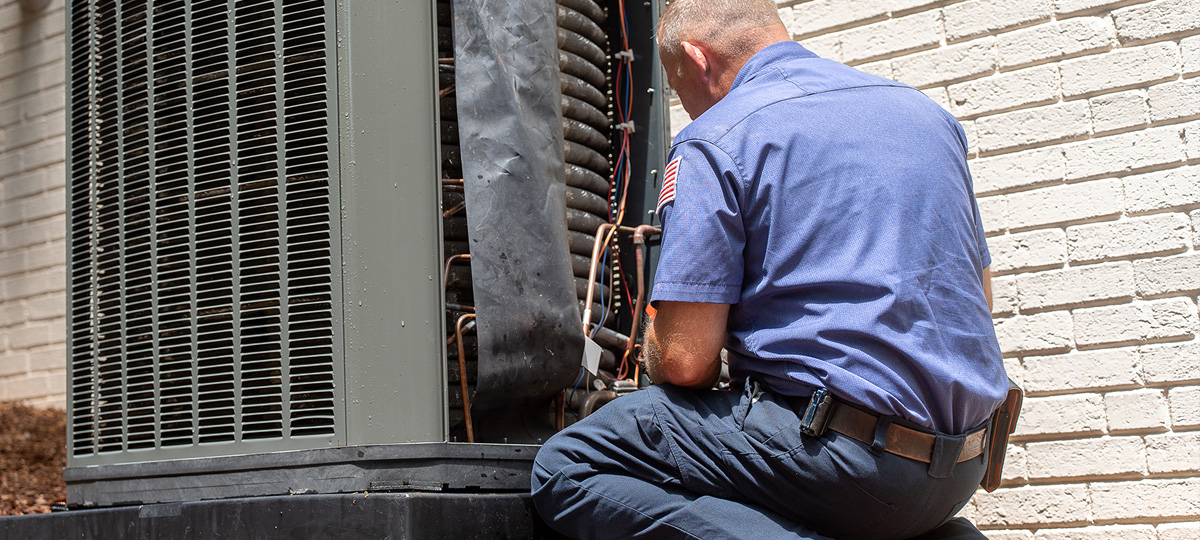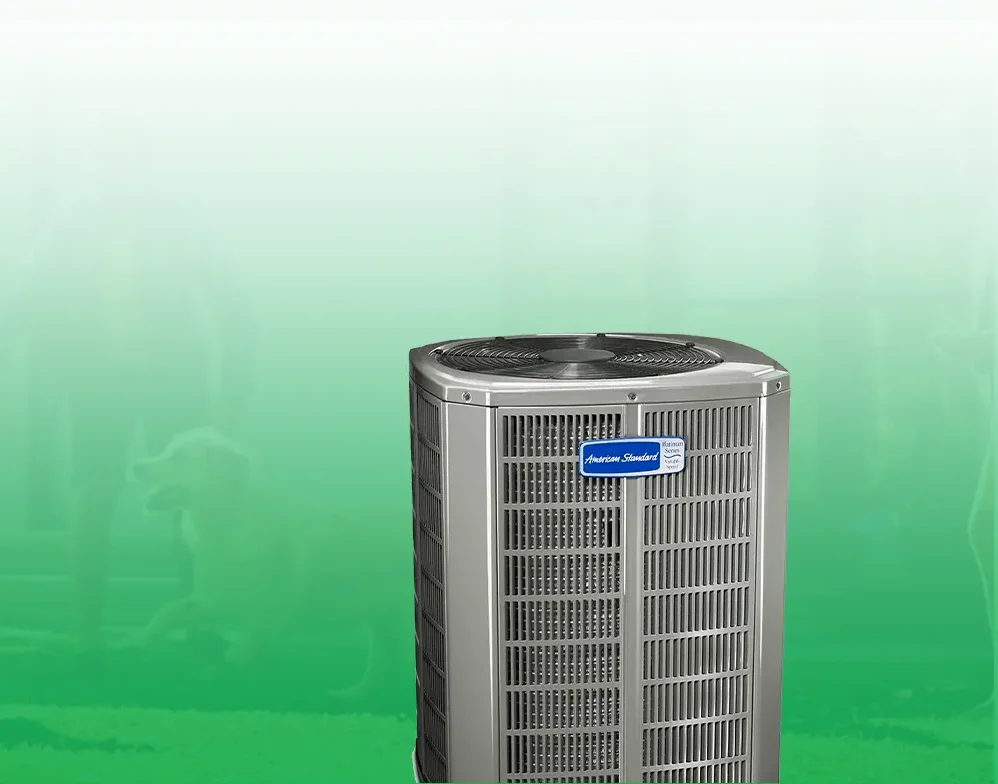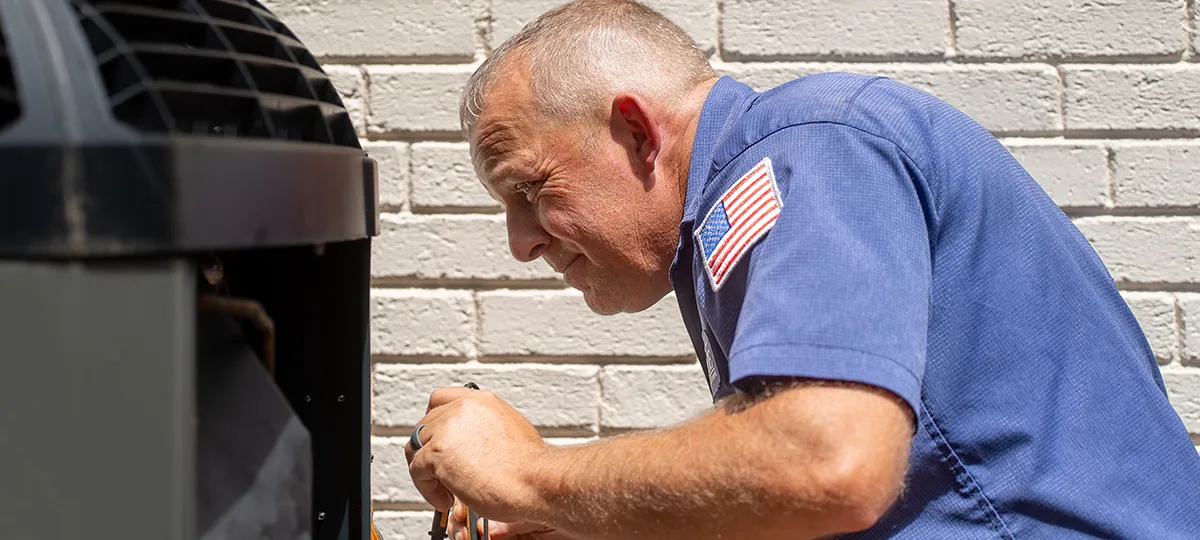Did you know your air conditioner could be doing more than just keeping you cool? It might actually be a key player in helping your home adapt to the local climate. Sounds surprising, right? The way your AC works isn’t just about pushing out cold air; it’s deeply connected to the environment around you. From sweltering summers to humid afternoons, the efficiency of your cooling system hinges on how well it’s tuned to handle your area’s unique weather patterns.
But here’s the kicker—making your AC more efficient doesn’t just save money on your energy bill; it also reduces strain on the environment. So, whether you’re battling blazing heat or fluctuating humidity, understanding the link between air conditioning and climate adaptation could make a world of difference—for you and your planet. Let’s dive into how it all connects and why it matters more than you might think.
How Does Local Climate Impact Air Conditioning Efficiency?
Local climate has a direct and significant impact on the efficiency of air conditioning systems. The efficiency of an air conditioning unit is influenced by several environmental factors, including temperature, humidity, and even regional weather patterns.
In regions with hot and humid climates, the demand for cooling is typically higher, and the cooling systems must work harder to maintain comfortable indoor temperatures. This can lead to higher energy consumption and a greater environmental footprint.
Key Factors That Influence Air Conditioning Efficiency
- Ambient Temperature: The higher the outdoor temperature, the more energy is required to cool indoor spaces. In areas where temperatures regularly exceed 90°F (32°C), air conditioning units must work harder to achieve the desired temperature, leading to higher energy usage.
- Humidity Levels: Humidity plays a crucial role in air conditioning efficiency. High humidity levels, which are common in tropical and subtropical climates, make it more difficult for air conditioning systems to cool indoor air effectively. This results in increased energy consumption as the system works harder to remove moisture from the air.
- Regional Climate Patterns: Areas prone to heatwaves, dry spells, or erratic weather patterns may experience sudden surges in demand for air conditioning. These fluctuations can challenge the efficiency of older or less effective air conditioning units that were not designed to handle extreme conditions.
- Airflow and Insulation: In areas where buildings are poorly insulated or lack proper ventilation, the effectiveness of air conditioning systems can be compromised. This can cause the cooling system to run for longer periods, using more energy than necessary to maintain comfortable temperatures.
In climates where high temperatures and humidity are the norm, air conditioning systems need to be designed with these factors in mind to maintain high efficiency. Poorly designed or outdated systems may struggle to provide adequate cooling while consuming far more energy than necessary.
What Role Does Air Conditioning Play in Climate Adaptation?
Climate adaptation refers to the actions taken to adjust to the changing climate and its associated impacts, such as rising temperatures and extreme weather events. As global warming leads to more frequent and intense heat waves, air conditioning has become an essential tool for adapting to these changes, particularly in regions that experience extreme heat.
Air conditioning provides a critical solution for cooling indoor environments during heatwaves, which can be deadly if left unaddressed. During periods of extreme heat, prolonged exposure to high temperatures can lead to heat exhaustion, heatstroke, and even death, particularly among vulnerable populations such as the elderly, children, and those with pre-existing health conditions. Air conditioning plays a life-saving role by providing safe, cool spaces where people can take refuge from the heat.
The Role of Air Conditioning in Climate Adaptation
- Public Health Protection: In areas where heatwaves are becoming more common, air conditioning helps protect public health by mitigating the risks associated with extreme heat. For instance, during record-breaking heatwaves, cooling centers equipped with air conditioning provide relief for those without access to their own cooling systems.
- Energy Access and Equity: As temperatures rise, equitable access to air conditioning becomes increasingly important. Communities in lower-income areas may lack the resources to invest in energy-efficient air conditioning units or may be located in areas where electricity grids struggle to meet the demand during peak cooling seasons. Efforts to improve air conditioning efficiency and increase access to cooling can help bridge the gap and promote climate adaptation for all communities.
- Economic Stability: In regions that rely on agriculture, extreme heat can damage crops and disrupt livelihoods. Air conditioning in workplaces, agricultural facilities, and homes can help ensure that workers remain productive, businesses continue operating, and economies remain stable during periods of extreme heat.
In short, air conditioning is no longer just a convenience in many parts of the world—it has become a crucial component of climate adaptation. However, as reliance on cooling systems increases, it is essential to focus on enhancing their efficiency to ensure long-term sustainability and mitigate environmental impacts.
Why Is Air Conditioning Efficiency Important For Regions With Extreme Weather?
Regions with extreme weather conditions, such as prolonged heatwaves, droughts, and unpredictable weather patterns, face unique challenges when it comes to managing air conditioning needs. In these regions, the demand for air conditioning increases significantly during hot weather, leading to a strain on energy resources and a rise in electricity bills for individuals and businesses.
Improving the efficiency of air conditioning systems in these areas is vital not only to reduce energy consumption but also to ensure that cooling systems are sustainable and can withstand the growing pressures caused by climate change. With the increasing demand for air conditioning, particularly in regions where extreme weather is becoming more frequent, inefficient systems can contribute to higher energy use, greater greenhouse gas emissions, and more intense strain on already vulnerable energy infrastructure.
- Energy Demand and Grid Stability: During heatwaves, the demand for air conditioning can spike dramatically, leading to stress on local electricity grids. This can result in power outages, particularly in regions where the grid infrastructure is outdated or unable to meet the rising demand. Energy-efficient air conditioning systems help reduce the load on the grid, promoting stability and reliability.
- Reduction of Energy Costs: As the need for cooling increases, so do the costs of electricity. In extreme weather regions, air conditioning systems that are energy-efficient can reduce the financial burden on households and businesses, making cooling more affordable while still maintaining comfort.
- Reduced Environmental Impact: Air conditioning systems are significant consumers of energy, and in regions where electricity is primarily generated from fossil fuels, increased use of cooling systems leads to higher carbon emissions. By improving the efficiency of air conditioning units, we can reduce energy consumption and, in turn, reduce the environmental footprint associated with cooling.
In regions where extreme weather is increasingly common, ensuring that air conditioning systems are efficient is a key part of adapting to climate change in a sustainable way. This efficiency not only helps protect the environment but also makes cooling accessible to more people, ensuring that no one is left behind in the face of rising temperatures.
Can Improving Air Conditioning Efficiency Help Reduce Environmental Impacts?
Air conditioning is one of the largest energy consumers in modern homes and businesses, particularly in regions that experience extreme temperatures. As the world continues to warm, the demand for cooling systems is expected to rise, further exacerbating the environmental impacts associated with air conditioning.
However, improving the efficiency of air conditioning systems offers a solution to this growing problem by reducing energy consumption, lowering greenhouse gas emissions, and lessening the strain on electrical grids.
How Improved Efficiency Reduces Environmental Impact:
- Lower Energy Consumption: More efficient air conditioning systems use less electricity to cool a given space, which directly reduces the amount of energy required. This translates to lower carbon emissions, especially in areas where energy is generated from fossil fuels.
- Reduced Strain on Energy Infrastructure: By decreasing the energy required for cooling, efficient air conditioning systems help reduce the peak demand for electricity, which can alleviate pressure on power grids and decrease the need for additional, polluting power plants.
- Increased Use of Renewable Energy: Efficient air conditioning systems also make it easier to integrate renewable energy sources, such as solar or wind power, into the energy mix. With lower overall energy demand, there is more capacity to power air conditioning systems with clean, renewable energy sources, further reducing environmental impact.
By investing in energy-efficient air conditioning systems, individuals and businesses can reduce their energy bills, lower their carbon footprint, and contribute to a more sustainable future. Furthermore, government incentives and policies that encourage the adoption of efficient cooling technologies can help mitigate the environmental impact of rising temperatures and increased demand for air conditioning.
As climate change continues to affect global weather patterns, the demand for air conditioning is expected to rise, particularly in regions with extreme heat. The efficiency of air conditioning systems is therefore a critical factor in both climate adaptation and environmental sustainability.
By improving air conditioning efficiency, we can reduce energy consumption, mitigate environmental impacts, and help communities adapt to the challenges of extreme weather. As we move forward, it’s crucial to invest in more efficient, sustainable cooling solutions that protect both people and the planet.
Horne Heating and Air Conditioning Inc.: Your Partner in Efficient Cooling Solutions
At Horne Heating and Air Conditioning Inc., we are committed to providing you with the most reliable, energy-efficient air conditioning systems that not only keep your home or business comfortable but also reduce your environmental impact. Our expert team understands the challenges posed by extreme weather conditions, and we offer tailored solutions to ensure your air conditioning system operates at peak efficiency, no matter the climate.
We specialize in offering cutting-edge HVAC solutions, including energy-efficient AC units and smart thermostats that can help you regulate your cooling needs without wasting energy. Our technicians are trained to evaluate your specific needs and recommend the most efficient systems for your space, ensuring optimal cooling while keeping your energy bills in check.
Additionally, we provide routine maintenance services that extend the life of your air conditioning unit and maintain its efficiency, even during the hottest months. With our energy-efficient solutions, you’ll enjoy a comfortable indoor environment while reducing your carbon footprint. Trust Horne HVAC Charlotte to help you stay cool while also contributing to a sustainable future. Contact us for free consultation!
















